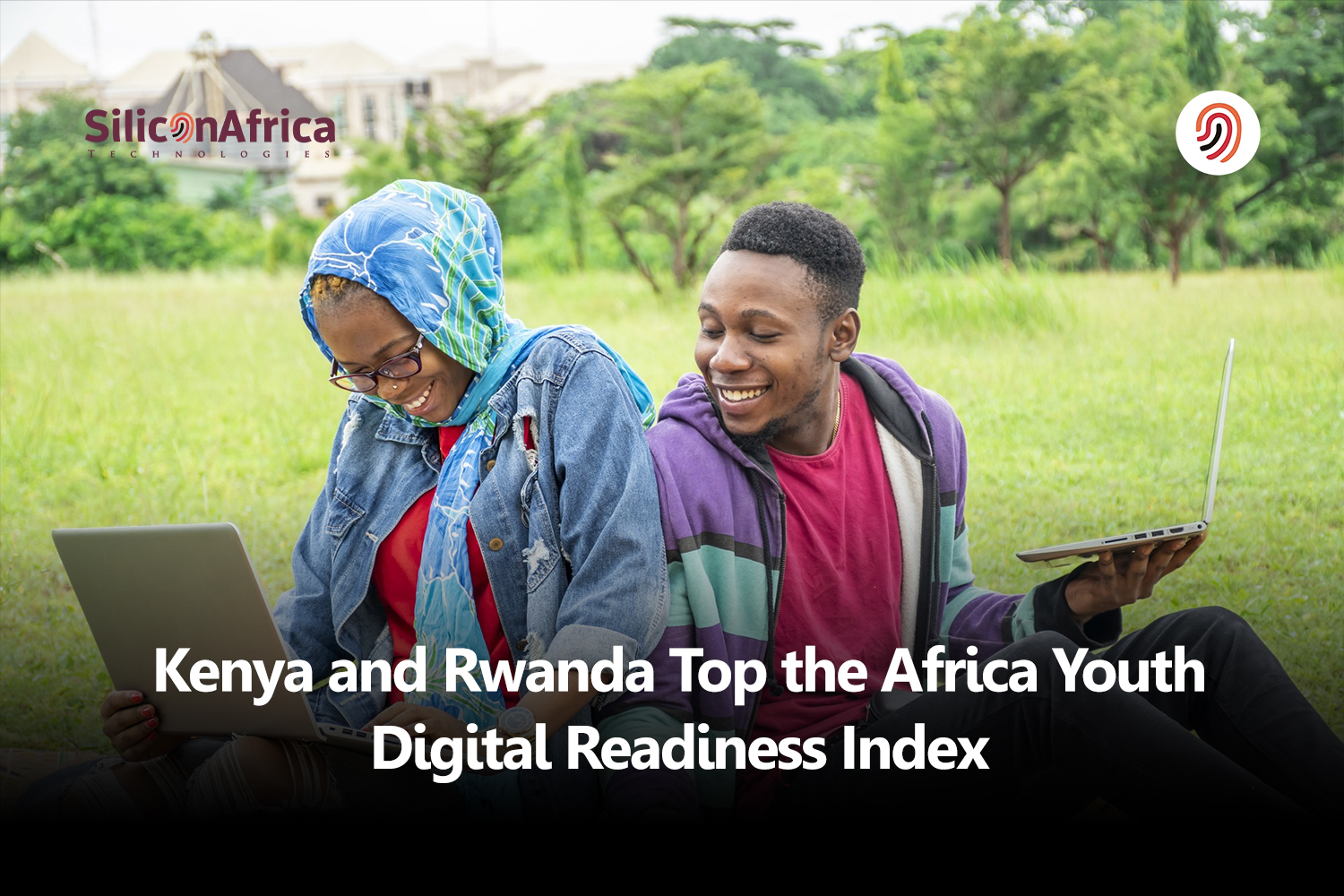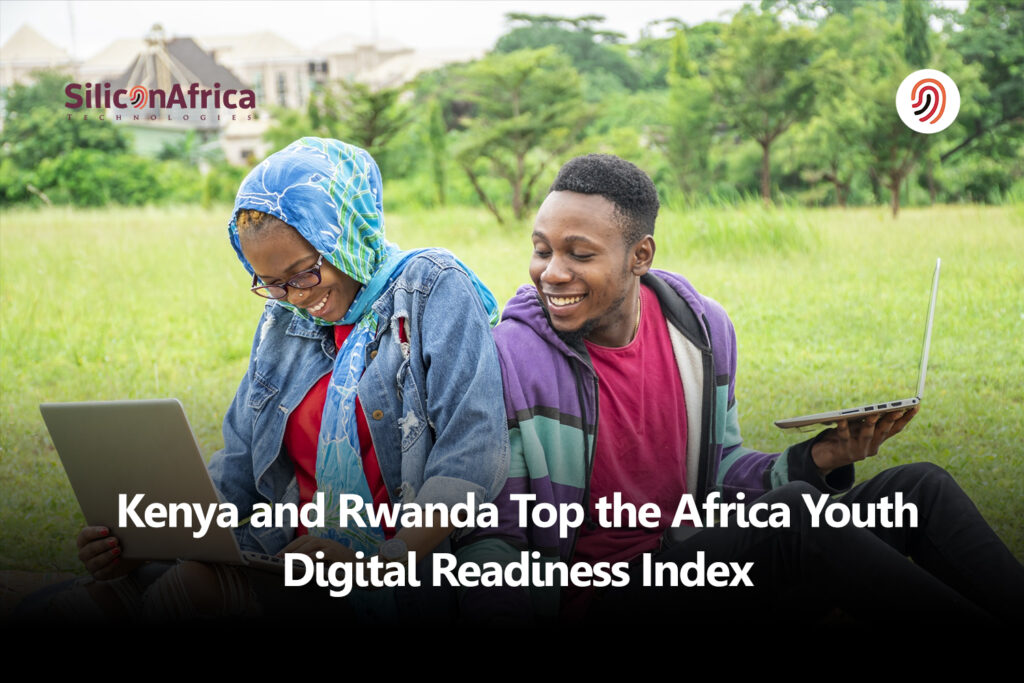Physical Address
60 Ekwema Cres, Layout 460281, Imo
Physical Address
60 Ekwema Cres, Layout 460281, Imo

Kenya has come out on top as the first country in the East Africa Youth Digital Readiness Index. Followed closely by Rwanda and Kenya.

Kenya was ranked first because of the wide usage of the mobile money operational system, government investment in infrastructure, and investment in digital initiatives. This doesn’t make the country the best in all aspects, but it’s worthy of its flowers in most of the sectors that were considered.
The other countries were ranked as fourth- Ethiopia, fifth- Tanzania, sixth-Sudan, seventh- DRC and eighth- Somalia.
The new 2023 Eastern Africa Youth Digital Readiness Index by Qhala ranks countries based on different factors such as:
The goal of this index is to identify where the countries need to improve and also promote collaborations between the countries.
The study also shows that most of the countries has been on the path of improvement, these could be seen in the adoption of mobile money which is rising in Sudan, this is mostly through the MTN Mobile Money. Also in DRC Congo, but through the use of M-Pesa and Orange money.
Dr Shikoh Gitau, founder and CEO of Qhala, the 2023 Eastern Africa Youth Digital Readiness Index said “The essence of digital readiness extends beyond mere technological adoption. It encompasses a country’s potential to evolve into a digitally driven, skills-endowed, innovation-centric, and sustainable economy.”
He further stated, “Recognising the significance of this paradigm shift, we present the 2023 Eastern Africa Youth Digital Readiness Index, a quantitative measure designed to gauge the digital potential and performance of Eastern African countries.”
The report will be released annually to show each Eastern country’s performance in advancing its digital economy. The study aims to Inform policy decisions, drive regional progress, empower youth, and monitor progress.
These studies will motivate African countries to invest more in the digital economy because of its advantages.
The aim is to access the usage of digital tools, empower the youth, and develop the digital age.
•Closing the knowledge gap: One of the goals the study plans to achieve is to provide a comprehensive study of the digital progress across Eastern Africa. This will allow the countries to know what to improve on and what to invest in.
•Notifying the right channel concerning policy and investment: Policymakers and development stakeholders need data-driven insights to prioritize investments in digital infrastructure, education, and youth development. This study provides a clear picture of strengths and weaknesses, enabling informed decision-making.
•Motivating regional progress: Digital readiness is crucial for economic growth, innovation, and social inclusion. By identifying regional leaders and laggards, this study can guide collaborative efforts to bridge the digital divide within Eastern Africa.
•Empowering the youth: Equipping youth with digital skills opens doors to education, employment, and entrepreneurship. This study showcases best practices in digital skills development, paving the way for targeted interventions to empower young people.
•Stimulating regional collaboration: The study encourages cross-border knowledge sharing and collaboration between governments, businesses, and educational institutions. It highlights areas where countries can learn from each other and synergise their efforts to maximise impact.
•Donating to global knowledge: The research findings can inform broader discussions on youth development and digital inclusion in developing countries. It offers valuable insights and best practices that can be applied in other regions facing similar challenges.